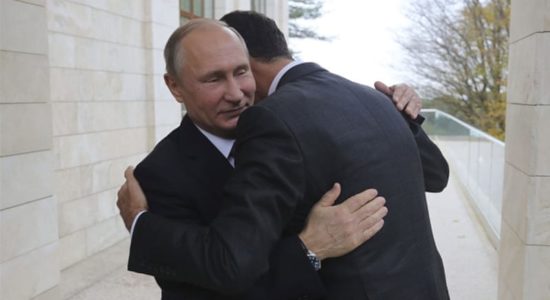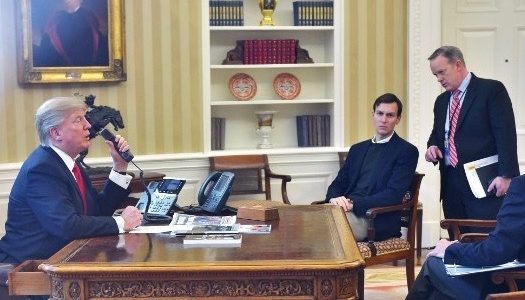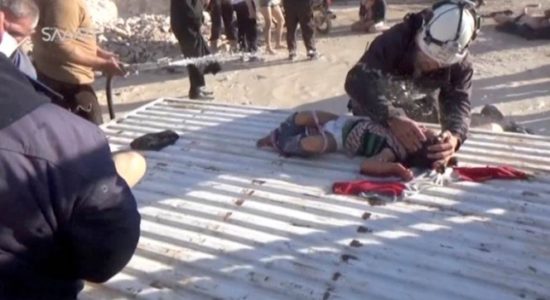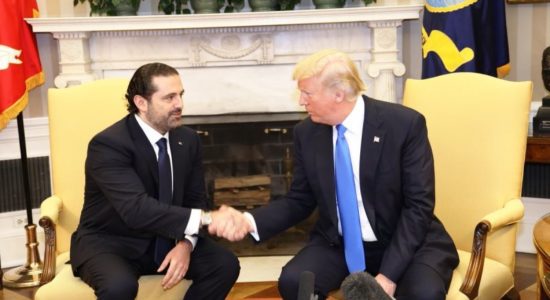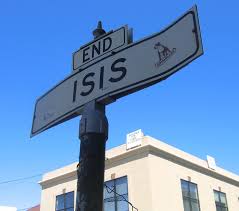اليوم التالي لخطاب نقل السفارة الامريكية الى القدس…
خطاب الرئيس الامريكي دونالد ترامب الاخير الذي اعلن فيه نقل السفارة الامريكية الى القدس و الاعتراف بالمدينة التاريخية عاصمة لاسرائيل، أظهربوضوح اصرار ترامب على فكرة تفرده كونه الرئيس الامريكي الوحيد الذي استطاع ان يخرج القرارات الامريكية المؤجلة م…





